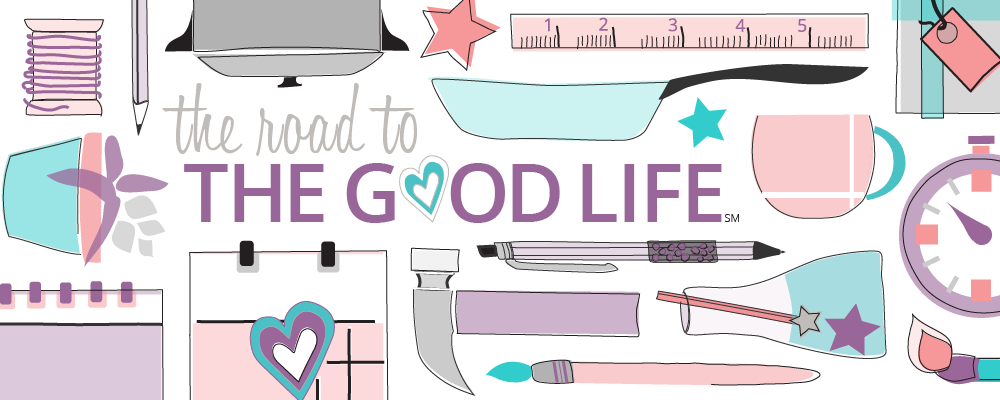How to Get Started Telling Your Story
Humans are wired for story. And according to Lisa Cron, author of Wired for Story: The Writer's Guide to Using Brain Science to Hook Readers from the Very First Sentence (*affiliate link), "[w]e think in story, which allows us to envision the future."
In other words, our stories signal to others how we will act.
What is a story? Leo Widrich defines a story thus: "[a] story, if broken down into the simplest form, is a connection of cause and effect." Telling a story is the most powerful way to activate our brains.
In today's world where every device is connected and potentially sending information about us 24/7 (depending on what settings you may have inadvertently set or not realized were set by default when a new feature was added), it's more important than ever to actively curate your story.
We need to be the curators for our own stories. And we don't really have a choice about whether we will or won't tell our story. Our story is being told and will continue to be told with or without our participation.
If we're not intentionally telling our story, we're letting the social media updates and photos of us shared by us and by coworkers, strangers, family, and friends paint a picture--an incomplete picture--of who we are.
Your story and mine encompass all channels where people may find you: in person, on the printed page, through social media (Twitter, Facebook, Instagram, Pinterest, LinkedIn, YouTube, Vimeo, and more), or on your blog or website. Your story includes your words, your image, descriptions and images of your world, descriptions and images of your friends, descriptions and images of you interacting with your world and your friends.
Below I share some articles that help with the "how" of telling your story. If you're looking for a definition of what a story is, where they come from, or why the telling of your story is important, John Paul Caponigro gathered 44 quotes on stories for you.
Seven Tips for Improving Your Storytelling
- "We connect to seeing people in a real three-dimensional way. Good storytellers establish a strong sense of character that you must follow on his or her journey."
-Ted Spiker, quoted in "The Art & Science of Storytelling as Told by Journalists," Search Engine Land - "Great stories have heroes. They have villains. They have conflict. They have happy endings, sad endings, and sometimes, no ending at all. ... They make listeners feel like their story is part of a communal story, a shared history that makes you feel less alone -- in your misery, hope, or elation."
-Bruce Springstein quoted by Hubspot (2015 article no longer available online) - "A great story can do many things to an audience, but one thing it must do is make the audience feel. Your story does not have to make people feel good, but it must make them feel something."
-Garr Reynolds, "Storytelling, POV, & the power of the first-person narrative," Presentation Zen - "Use details to create an immersive experience; just take care to ensure those details don't stand out so much that they detract from the story you're trying to tell."
-Walt Disney quoted by Hubspot (2015 article no longer available online) - Take a minimalist approach to your photography. When you showcase an urban landscape with a human element, the human element, however small, becomes the focal point of the image.
-Valerie Jardine, Digital Photography School - "When speaking about multi-screen storytelling, remember that screens have different contexts, not only different capabilities. ... The context in which people view stories is more important than the device’s specifications. ... Find natural breakpoints in the story, places where the visual or narrative content can easily be separated. This enables us to deliver different segments to different devices, in different contexts."
-Senongo Akpem, Smashing Magazine - "[Be] wary of that urge to actively look for things to tweet (or to Instagram)... [Allow] that to happen organically."
-Jane Flanagan, "Thursday!", Ill Seen, Ill Said
Credits: All layouts designed by and images taken by Eden Hensley Silverstein for The Road to the Good Life.
DISCLOSURE: This post contains an affiliate link, followed by (*affiliate link). I feature products that I own or that I am considering purchasing. All opinions presented are my own.
The Road To The Good Life is a participant in the Amazon Services LLC Associates Program, an affiliate advertising program designed to provide a means for sites to earn advertising fees by advertising and linking to amazon.com.
